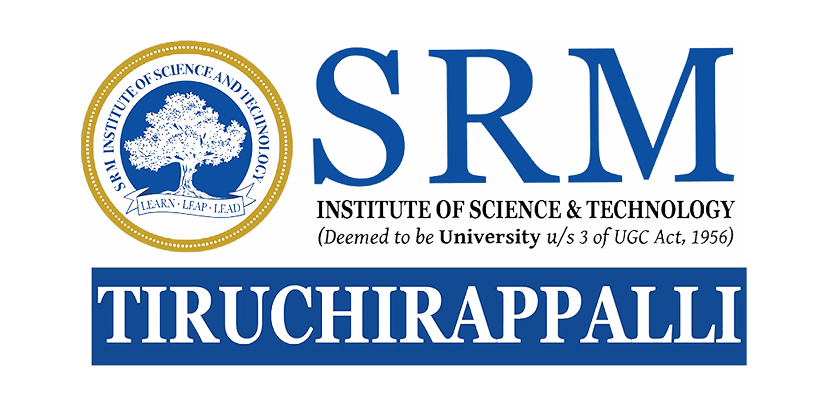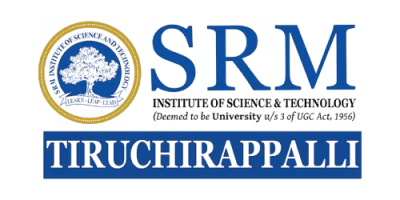B.Tech – Biotechnology
The Department of Biotechnology provide B.Tech in Biotechnology since 2023. Undergraduate students are taught both biosciences and bioengineering courses with practical components during their B. Tech. Program with a six-month project duration towards the end. Students are encouraged to undergo internships and training from the 2nd year onwards, to acquire knowledge in theoretical concepts and practical skills.
Primarily, the undergraduate students are inspired to grasp fundamentals and applied understanding of biological and molecular systems, and technical and computational expertise, vital for advancing fields such as biomedicine, industrial processing, environmental conservation, and the food and agriculture sectors.
The department’s primary research domains encompass various critical areas, such as personalized medicine, tissue engineering and regenerative medicine, cancer biology, biosensors, Nano biotechnology, enzyme and microbial technology, plant biotechnology, bioremediation, sustainable food production, and computational biology. A significant additional focus lies in the exploration of new drugs/biomolecules, cellular and genetic therapies, diagnostic tools, proteins/enzymes, as well as biologics derived from microorganisms or microbiomes. Additionally, the establishment of bio-factories for sustainable bioplastic and biofuel production is a crucial pursuit. The department has initiated efforts to establish advanced research laboratories in all the thrust areas.
The infrastructure and atmosphere of the SRMIST campus are meticulously designed to inspire students and drive them toward their loftier aspirations. The interdisciplinary research approach is built upon teamwork, and collaboration with other departments at SRMIST, national and international institutions, and industries in the public and private sectors, thereby expanding opportunities and horizons for our students.
UN Sustainable Development Goals
In 2015, UN member states agreed to 17 global Sustainable Development Goals (SDGs) to end poverty, protect the planet and ensure prosperity for all.
Biotechnology is a major driving force towards a sustainable society.
Our work contributes towards the following SDG(s):


B.Tech. Biotechnology
The biotech industry is a rapidly expanding industry offering a promising future for technologist whether employed in a large biotech company or starting up small companies as an entrepreneur. Apart from fundamental research, the department aims to meet the targeted demands to cater to the requirements of biotechnology-based industries. This B. Tech program provides training in a rapidly evolving field that has become an integral component of the health, medicine, food, and agriculture sector.
Mission
- To adopt effective teaching methods to improve the learning process and impart knowledge of biology and technology
- To provide hands-on training and technical skills to transform students into technocrats and facilitate research and higher education in the fields of biotechnology
- To pursue and promote cutting-edge research in selected fields of biotechnology
Program Educational Objectives (PEO)
- To develop graduates with enhanced technical acumen, aptitude, and professional skills in Biotechnology
- To develop the ability among the students to apply modern bioengineering techniques in industry and research
- To prepare students for a successful career in research and development in Biotechnology
Characteristics
- Close involvement with experts from the biotech industry
- Hands-on experience in biochemistry, cell, and molecular biology, genetic engineering and bioinformatics, immunology, bioprocessing and fermentation technology, bioseparation technology, animal and plant biotechnology
- A wide selection of elective courses allows students to streamline their program within the broad field of biotechnology
Job Outlook
Most biotechnologist work in the pharmaceutical, biotechnology, and environmental sectors, where we are contributing to major advances in the biological sciences. For instance, they may be employed by:
- Pharmaceutical, food, agricultural, forestry, and mining industries
- Government departments and services
- Hospitals, forensic and Diagnostic laboratories
- Research and development
- Quality control / Regulatory bodies
- Sales/ Consulting firms
- Parks, Zoos and botanical gardens, and nature reserves
- Scientific communications / Market analysis

